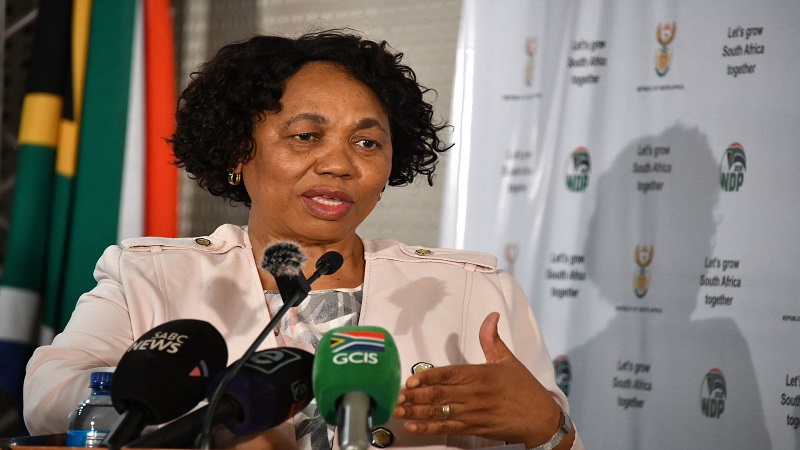By Ragheema Mclean
Government will this week receive the remains of 49 liberation fighters who died in exile in Zimbabwe and Zambia.
The first group of five remains will arrive on Wednesday at Waterkloof Air Force Base in Pretoria, marking the start of a three-year repatriation project.
Speaking on VOC’s News Beat show, Onicca Kwakwa, spokesperson for the Ministry of Defence and Military Veterans, expressed the complexity and significance of the project.
“It is a long time coming; it’s been a very tedious and complex project to undertake. In terms of international law, people are supposed to be buried where they die, so we needed a specific approach as government,” Kwakwa explained.
“The project, which began several years ago, required the development of a government policy on repatriation, bringing together multiple stakeholders, including the Department of International Relations and Cooperation (DIRCO), the Department of Health, and the National Prosecuting Authority (NPA).”
“Now that we have put systems in place, we will certainly do more to bring our liberation fighters home,” said Kwakwa.
The current phase of the repatriation focuses primarily on the remains of those who perished in Zimbabwe and Zambia, including prominent political activists like Duma Nokwe and Florence Maphosho.
However, Kwakwa acknowledged the difficulty of tracing and identifying the remains, stating,
“It is quite difficult to track down and identify the remains, but we must continue to search for all our heroes and heroines who died for the cause of liberation. We need to acknowledge the past and heal its wounds to build a better South Africa.”
On Friday, government will host an official homecoming ceremony at Freedom Park in Tshwane to honour the return of the liberation fighters’ remains.
President Cyril Ramaphosa is scheduled to deliver the keynote address.
Thereafter reburial ceremonies will take place in the provinces of origin over the next three months.
VOC News
Photo: GovernmentZA/X









